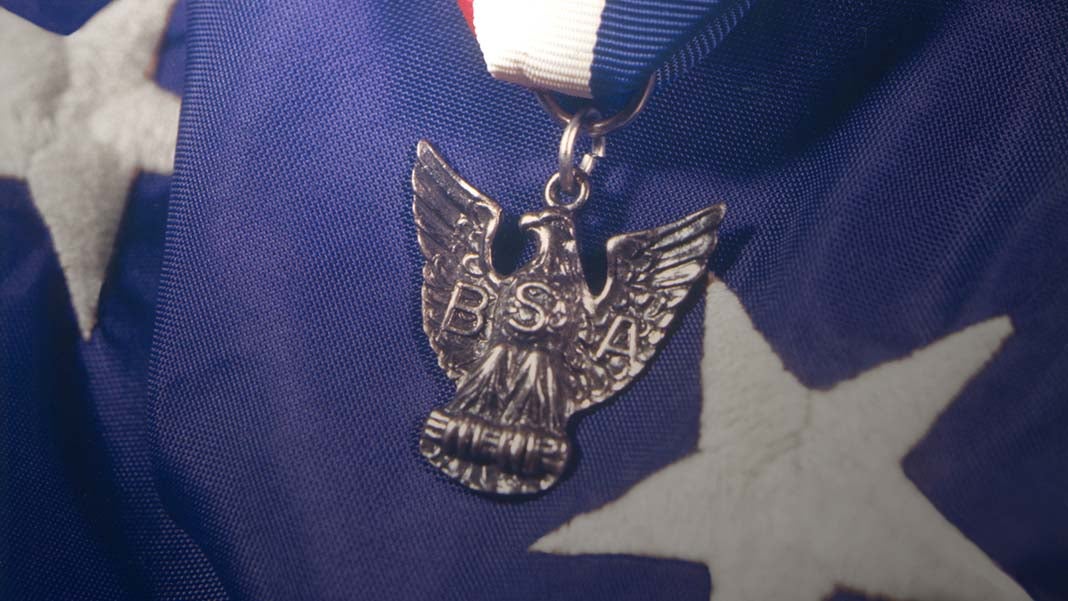
You may have been a Girl Scout or a Boy Scout in your youth. Certainly, you are aware of the top rank in each—the Gold Award for girls and the Eagle badge for boys. Scouting teaches leadership and even if we were not members in our youth, there are lessons for us all.
Be prepared!
For example, the Boy Scouts of America motto is “Be prepared.” And from that comes training in first aid, disaster preparation, and outdoor skills, planning for events and outings, and any number of simulations or practice runs at rescue training—from snake bites to earthquakes to fires to broken limbs to heart attacks in the wilderness. We could learn from this simple motto memorized by boys from ten to eighteen.
Asking “What if?” to protect against bad outcomes
Simply learning to ask, “What if?” of our direct reports is a good first step toward reducing exposure to bad outcomes, whether attempting to plan for handling a natural disaster or workplace calamity.
And the twelve points of the Scout Law
Every Scout memorizes the twelve points of the Scout Law: A Scout is trustworthy, loyal, helpful, friendly, courteous, kind, obedient, cheerful, thrifty, brave, clean, and reverent. That may seem an overwhelming list of aspirations, but would it not be a better world if each of us practiced most, if not all, of these?
Better employees and better managers
By the time a boy reaches Eagle Scout, he has internalized the Scout Oath and Scout Law to a degree many employers later recognize makes him a better candidate for a job merely by that attainment in his youth. After all, only two percent of all Boy Scouts do reach Eagle rank.
Living those values even if never a Scout
We adults cannot revisit our youth to live seven years of our lives with these principles always in close sight. But we can aspire to act like an Eagle Scout, an adult who recognizes the values and attempts to practice them in business and personal life for the betterment of ourselves and our companies











